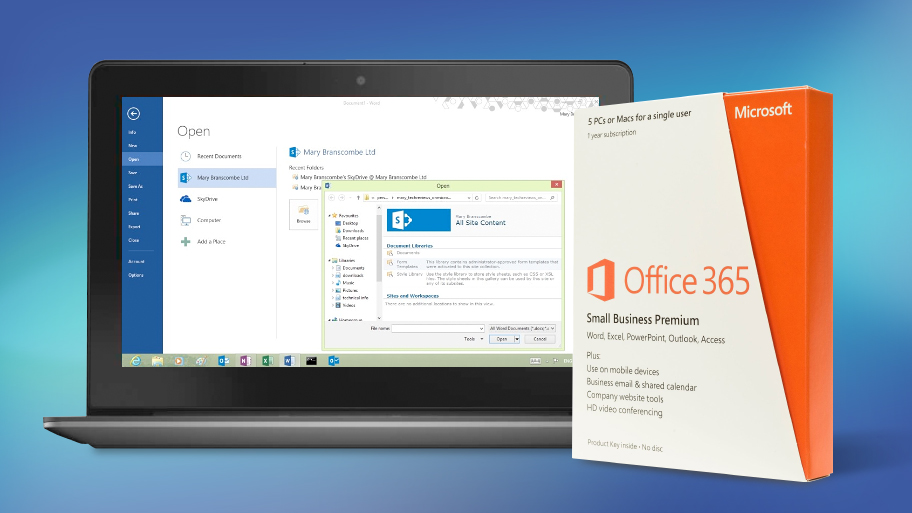Office 365 groups can now include guests from outside your business
Groups aren't just for company staff members any more

Work on Microsoft's cloud-based productivity suite is, of course, a continual process, and the company has made another change to Office 365 in order to bolster collaboration.
The feature in question is guest access for Office 365 Groups, which allows you to include folks who aren't actually staff members within your organisation in a group.
Such external users can be invited by the group owner, as of today via the web version of Outlook – that's the only avenue by which you can pull off this trick to begin with, but further functionality will be added in a phased rollout.
You can invite a guest into your group no matter what email account they use, whether that's a business or consumer domain, and it doesn't have to be Outlook.com. However, if the guest's email is linked to a Microsoft account, they can simply sign in with those details – if not, they'll have to create an account via a sign-up page.
See also: The 10 best PCs of 2016: which computer should you buy?
Welcome to the club
Once a guest has been successfully added to the group, they will get a welcome email, and will start receiving messages from the group (and calendar invites) in their inbox. They will also be given access to group files in SharePoint online.
Microsoft notes that there are clear 'visual indicators' to remind those in an Office 365 group that a guest is a current member.
Are you a pro? Subscribe to our newsletter
Sign up to the TechRadar Pro newsletter to get all the top news, opinion, features and guidance your business needs to succeed!
Another recent change to Office 365 saw Microsoft bolstering security with the addition of a Service Assurance Dashboard to impart details of privacy, security and compliance controls, including third-party auditing of those measures.
Via: WinBeta
- Check out our battle between Office 2016 vs Office 365 vs Office Online
Darren is a freelancer writing news and features for TechRadar (and occasionally T3) across a broad range of computing topics including CPUs, GPUs, various other hardware, VPNs, antivirus and more. He has written about tech for the best part of three decades, and writes books in his spare time (his debut novel - 'I Know What You Did Last Supper' - was published by Hachette UK in 2013).